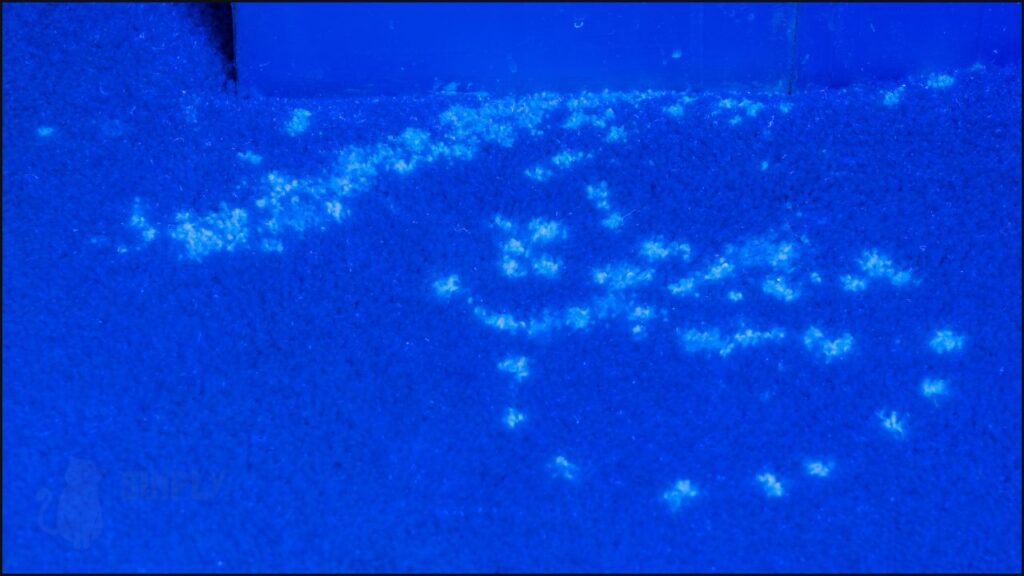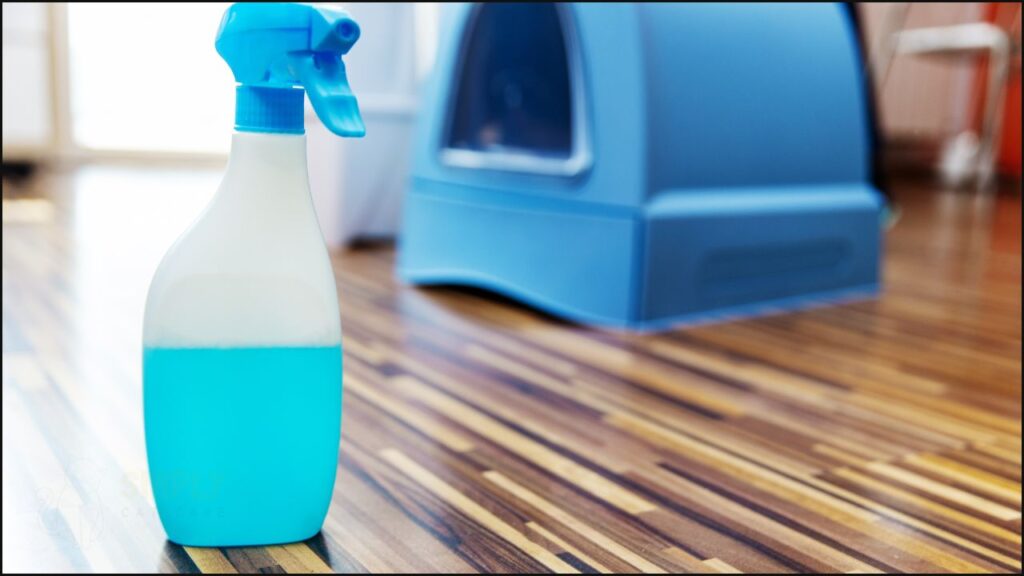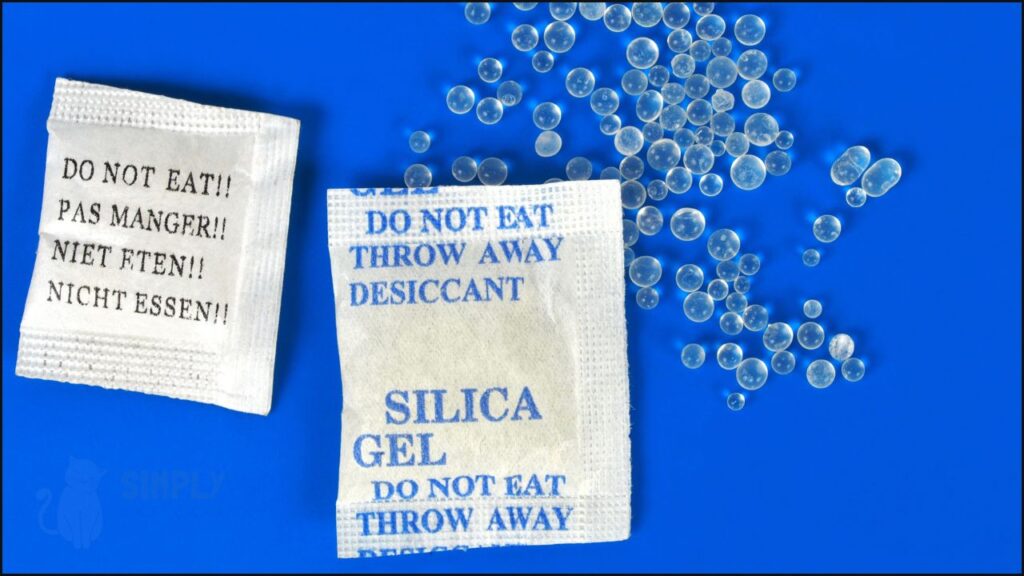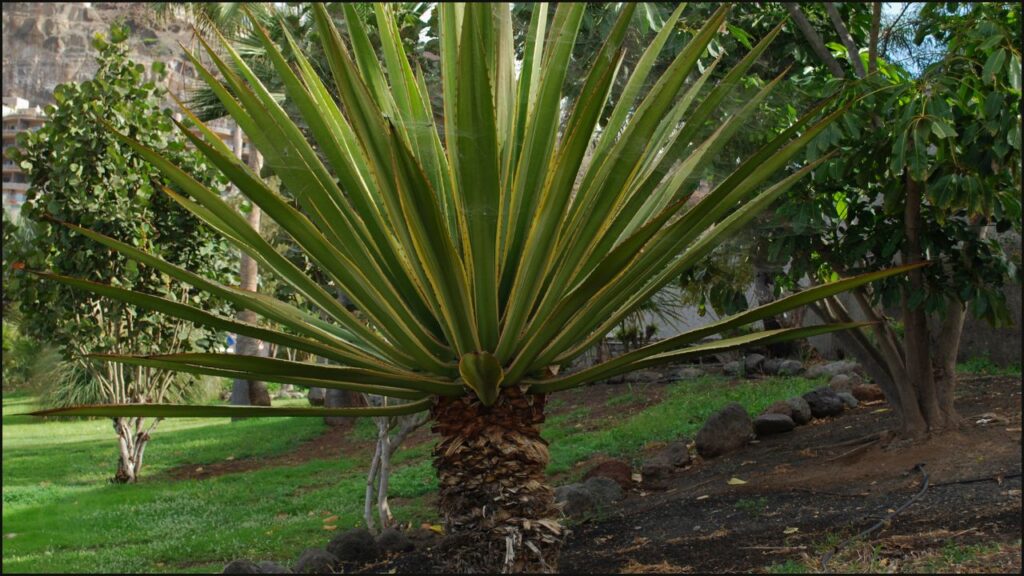Bentonite clay litter or tofu cat litter with activated carbon.
These are your best options to control smell, however results vary from brand to brand.
Clearing out cat litter daily also helps to control litter odor.
To find out more, read on as I take a deep dive into finding out what cat litter is best for smell. I’ll also cover frequently asked questions.
I recommend seeking the advice of a vet for any further questions. The advice in this article is not intended as medical advice.
Cat Litter Odor: An Overview
Everybody poops, including your cat.
As a cat owner, you’re responsible for your cats litter box. Poo (feces) are stinky due to its high sulfur content.
The purpose of pee (urine) is to rid your cats body of metabolic waste products.
Why Does Cat Litter Smell?
Over time urine decomposes.
This makes sulfur compounds and ammonia, which are pungent smelling. A cats urine also has felinine, which helps cats communicate.
Unneutered male cats produce the most felinine (has a smelly odor) and spray more. Younger cats, females, and long haired cats make less.
Quick notes:
- Urine breaks down
- Smelly waste products (e.g. sulfur)
- Felinine from cats also smelly

How to Control Litter Odor?
To trap odor, you need to do the following:
- Break it down
- Trap it
- Limit moisture
- Destroy bacteria
Break it Down
Urine contains stinky molecules including:
- Uric acid
- Ammonia
- Felinine
Urine is protein based. For that, protease enzymes help break down uric acid.
Most cat litter is vague about what they use, and don’t disclose much about enzymes, but you can use sprays.
If your cat pees outside the litter box, a chlorine-based cleaner can help on concrete and vinyl. Detergent with added enzymes help to break down the protein content of pee.
Quick notes:
- Pee has protein
- Need protease enzyme
- Try sprays

Trap It
Trapping odor depends on a cat litters adsorptive ability (how well it traps gas). Most cat litters are good at this.
One study showed cat litter itself was better than baking soda to control waste odor. Newspaper was strongest (recycled newspaper is another type of cat litter).
Activated carbon helps neutralize the odor in urine, but effects depend on the amount used. It’s a highly porous material with a lot of surface area to trap gas.
Quick notes:
- Higher adsorption = better odor control
- Recycled newspaper is good
- Activated carbon helps trap odor
Limit Moisture
Reducing moisture also helps stop anaerobic bacteria break down urine into stinky gas.
Most cat litter does this well. You’ll often find silica crystals in clothing and food products, to help control moisture.

Destroy Bacteria
Bacteria help break down urine and feces into more pungent gas.
Baking soda is a popular choice due to its antibacterial activity, and is in many cat litters. However, it can also volatize ammonia making it more pungent, and is toxic if ingested.
What Cat Litter Is Best for Smell?
Bentonite clay or tofu litter with activated carbon.
Cats prefer activated carbon litter and helps trap pungent gasses from waste.
These types of litter are best for odor control.
Here’s what I found with research:
A Thai study compared cat litter smell left out for 48 hours. 3 participants (2 cat owners and 1 non-cat owner) rated the litter out of 10 for odor.
Results:
| Product | Type | Rating (out of 10) |
|---|---|---|
| Catty Cat | Tofu | 10 |
| Charcoal | Bentonite clay and charcoal | 9 |
| Odour Lock | Bentonite clay | 8 |
| Crown Cat | Bentonite clay with fragrance | 7 |
| See Sand | Bentonite clay with fragrance | 7 |
| Katto | Bentonite clay | 6 |
| My Cat | Bentonite clay | 6 |
| Crystal Cat Litter | Crystal | 6 |
| Catsan | Bentonite clay | 4 |
| Cat’s Best | Wood | 2 |
Limitations include the small sample size and location specific litter (Thai).
Results vary between clay products even with fragrance. Could also be due to fluctuations in urine concentration (not controlled).
Clay with charcoal performed best though.
What Cat Litter Do Cats Like Best?
Perhaps the best judge of smell is your cat.
Some types of litter (e.g. clay) seem to adsorb odor gasses better than others.
A 2009 paper compared activated carbon to sodium bicarbonate. The study involved 32 cats, who preferred activated carbon.
Experts suggest cats also prefer cedar fragrance over citrus (e.g. lemon).
A 2007 study compared the use of Zero Odor spray on cat litter use. Researchers mailed this spray to 22 cat owners with 26 cats total.
For 2 weeks they noted any toileting outside the litter tray. Then they used Zero Odor (6 sprays) for 2 weeks to compare.
The spray reduced toileting outside the box from 0.9 to 0.6 times per day, suggesting a small benefit. It lacks a placebo control and results are a little lackluster.
Quick notes:
- Cats prefer activated carbon
- Cedar fragrance > citrus
- Zero Odor spray provides modest benefit
Read more:
More Cat Litter Smell Research
It turns out scientists are still scratching their heads over ways to stop smelly litter.
Here’s what we’ve got:
1-monochlorodimethylhydantoin (MCDMH) can stop bacteria breaking down thiols (stinky) made from felinine.
Human testers compared cat litter with MCDMH with zeolite (rock) with positive results. No products on the market using this compound.
A 2022 study used treated sugarcane cat litter to almost completely stop sulfur production (smelly stuff from pee) in litter.
There are no options on the market using this yet, as far as I know.
Quick notes:
- New research emerging
- Sugarcane litter can help
- No products yet
Dietary Supplements for Smelly Cat Poo
Maybe the best way to tackle smelly cat litter is through the cat?
There’s promise in the use of yucca schidigera, a type of herb.
A 1997 study gave cats 125mg/kg of Yucca schidigera to see what it did to fecal odor. 3 human testers reported positive results over 24 days.
Another study compared different amounts of Yucca schidigera with zeonite on fecal odor in 21 cats.
A dose of 0.5 – 0.75% zeonite and 125 – 375 ppm Yucca schidigera worked best for odor control.
How much is that?
It equates to 0.5 – 0.75g of zeonite and 12.5 – 37.5mg of yucca schidigera per 100g of cat food per day.
Long term health effects aren’t clear but both studies reported no side effects.
Quick notes:
- Yucca schidigera supplement
- Helps control odor
- Try up to 37mg per 100g of cat food a day

Diet for Smelly Cat Poo
Cats are carbohydrate intolerant.
As carnivores, they lack digestive enzymes for carbohydrate. If overconsumed, the undigested carbohydrate is a breeding ground for bacteria and stinky gas.
Dry cat food tends to be higher in carbohydrate, so wet cat food is best here. Dry food contains meal meals which are less digestible than fresh meat.
Quick notes:
- Cats are carnivores
- Can’t digest excess carbs
- Wet food best
Frequently Asked Questions
How Do I Stop My Litter Box From Smelling?
Steps you can take:
- Clean litter daily
- Change all litter weekly
- Adjust diet (use wet cat food)
- Try cat litter with activated carbon (or use an additive)
- Try yucca schidigera supplement
Where Do You Put Cat Litter So It Doesn’t Smell?
Use a well ventilated area.
Anywhere around windows is a great option. If not cleaned daily, litter smell will build up.
Learn more:
Does Clumping Litter Smell Less?
Yes.
Since clumping cat litter contains urine it’s easier to scoop and remove. Over time, urine breaks down and becomes smellier.
What Is the Least Smelly Cat Litter Box?
Stainless steel.
This material is less porous and easier to clean than plastic. In theory, glass is the best surface – but not really used for cat litter trays.
Plastic has a low lifespan and finds its way into landfills, leaching chemicals. Stainless steel is recyclable, so you’re doing the planet a favor.
Learn more:
How Often Should You Change Kitty Litter?
Weekly.
Clean out waste daily, and change the entire litter tray every week.
Are Covered Litter Boxes Better for Smell?
No.
Smell is going to build up depending on the litter and how often it’s cleaned.
Can You Put Baking Soda in Cat Litter?
No, I don’t recommend it.
Baking soda makes ammonia more pungent, and is toxic if your cat eats it.
Activated carbon is better. Cats prefer it, and it works best for trapping odors due to its high porousness.
You can find cat litter with activated carbon, or supplements (try Kitty’s Odor Stopper).
Is It Ok to Scoop Litter Every Other Day?
Yes.
Scooping litter daily helps control smell.
Do Cats Like When You Clean Their Litter Box?
Yes.
Research shows cats hate litter filled with waste (and even objects that look like poo and wee).
Cleaning out the litter tray and providing spares helps improve litter box usage.
Learn more:
Conclusion
Clumping cat litter with activated carbon is best for odor control.
Results vary from brand to brand, and are also affected by diet. The supplement yucca schidigera and wet cat food help stop smelly poo.
Clean cat litter daily and use a stainless steel box in well-ventilated area.
